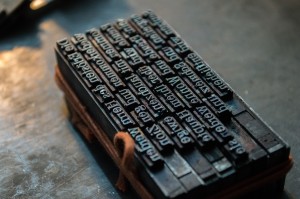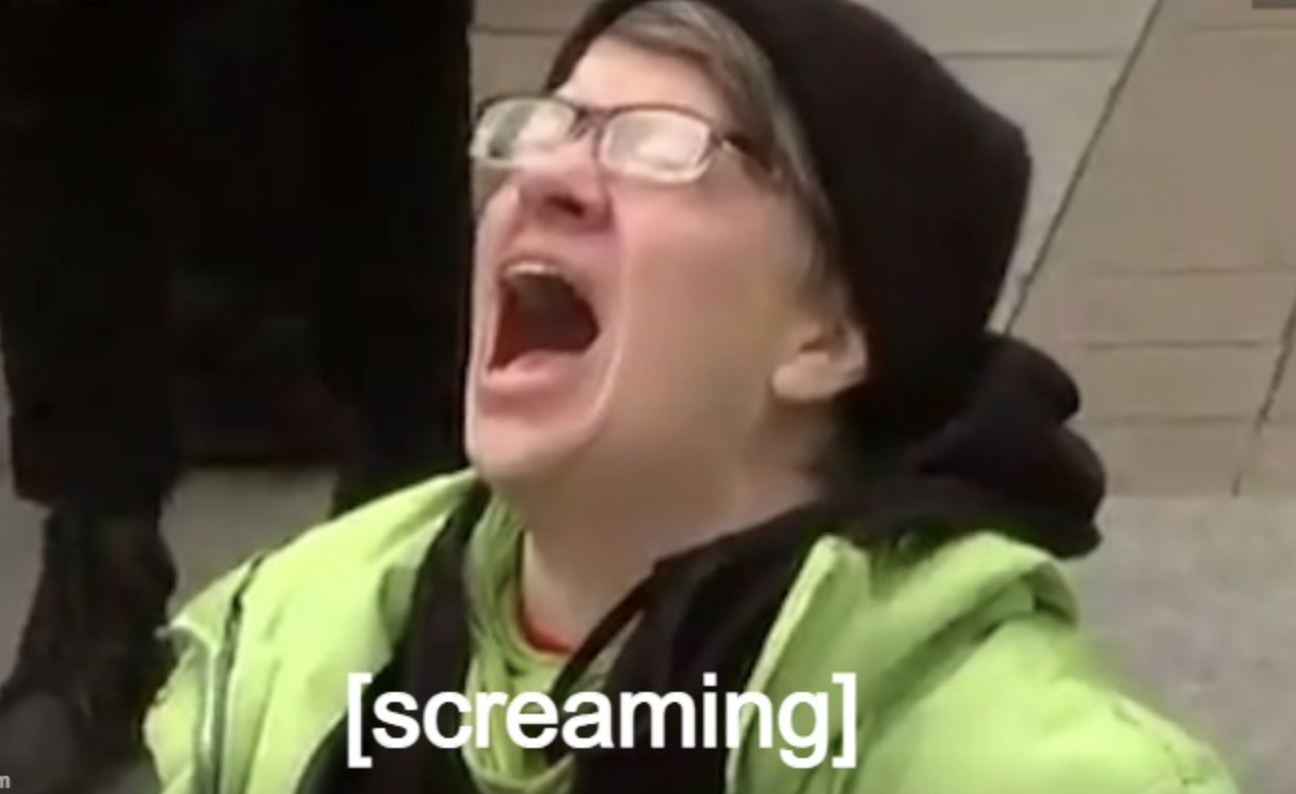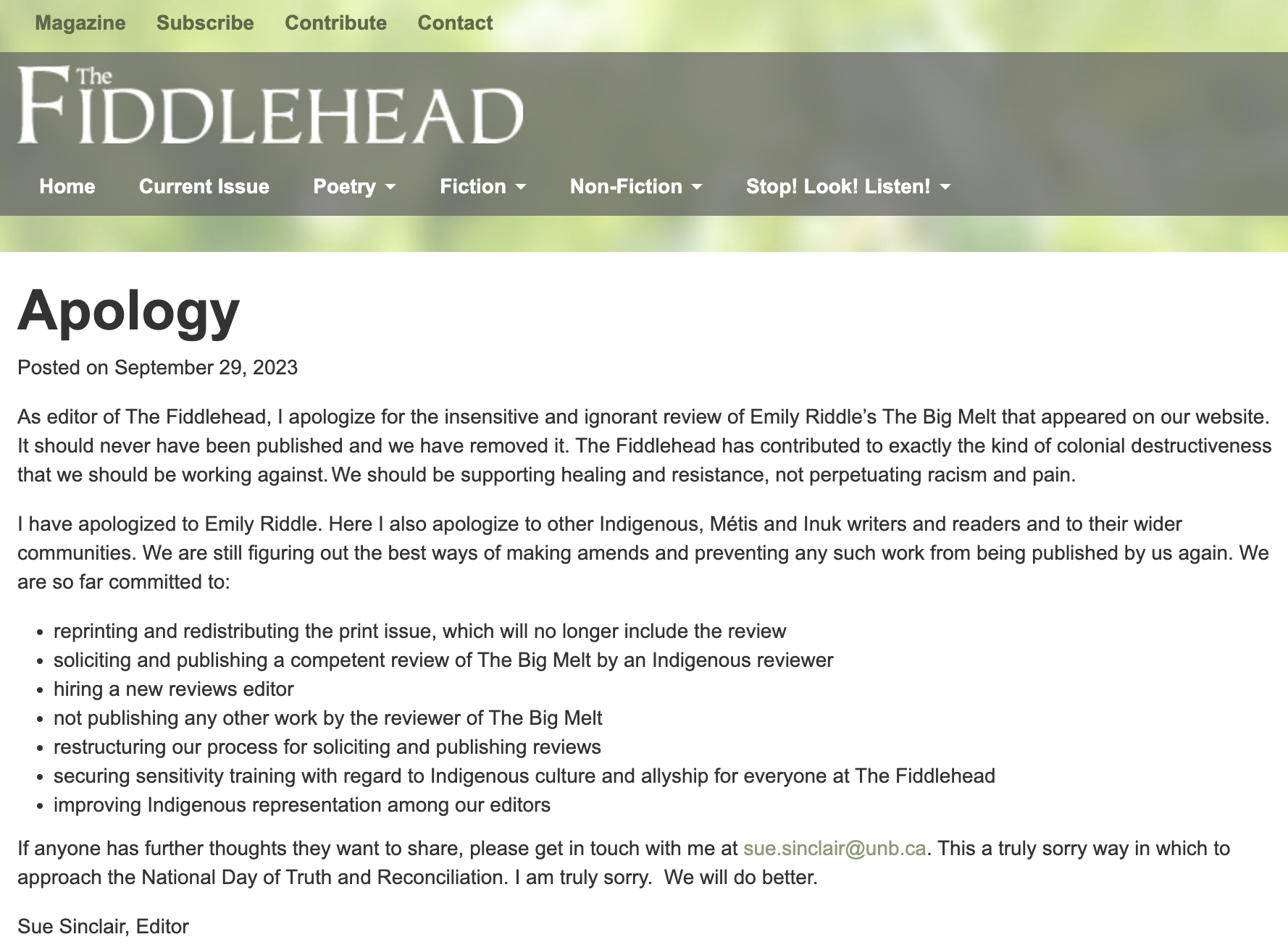 A few years ago, an editor at a literary journal wanted me to change the way I indicated direct speech. I like to comply with most suggestions if I can, and it might have seemed like a small ask to her, but I dreaded the conversion of all my em dashes to quotation marks.
A few years ago, an editor at a literary journal wanted me to change the way I indicated direct speech. I like to comply with most suggestions if I can, and it might have seemed like a small ask to her, but I dreaded the conversion of all my em dashes to quotation marks.
I’ve never been completely at ease with suggested revisions. I’m not suffering under the delusion that my particular arrangement of words is perfect, but I want an edit to be an improvement, not a change to accommodate differing tastes. Plenty depends on the tone of my exchange with the editor. Sometimes I feel directed to make a change, as if publication depends on it. I’m more likely to agree with changes if I feel I’m in good hands, and trust has been established.
There are potential problems using the em dash for direct speech, at least the way I use it. Since the dialogue stands alone, with no tag at the end to show who’s speaking, I always try to make that clear in the sentence that precedes or follows the quote. In addition, the style can’t handle more than two speakers.
What I eventually sent to the editor was not an outright refusal to make the change. I tried to make a case for my em dashes:
Thanks for the comments on my story. I was expecting corrections only, so I was pleasantly surprised by many of the comments. I agree with all the changes you’ve suggested, except perhaps the em dash to indicate direct speech. I don’t use quotation marks because I think they’re ugly and unnecessary. I like the clean look of the dash. For me, part of the art of writing is the appearance of the text and the font. English is a beautiful, clean, stripped down text without the messy accents that plague other languages. I’ve used the em dash in this way for almost 30 years and, surprisingly, you’re only the second editor to take issue with it. The boys at On Spec didn’t like it either. I’ve probably paid a price for the usage, as I suspect many stories have been rejected for just this reason. Of course I’d like to keep my little dashes, but if that’s a deal breaker for you, I’m willing to go with the traditional quote marks.
I was resistant but willing to cave if publication was at risk. This hasn’t always been the case. I have passed on publication if I didn’t agree with the direction of the edit. Most often, if radical surgery is required, I think both writer and editor are best served by moving on to the next piece.




Excellent points. Quotation marks clutter the page, unnecessarily. Readers are smart enough that a writer does not have to use them.
Ah, but why rely on a readers’ smarts when using quotation marks leaves no doubts about words having been spoken!
I suppose other issues are more important to me than the possibility of confusing some readers. I expected more resistance to my em dash ways, but perhaps I shouldn’t be surprised that literary journals and presses are more open to such things. The ultimate nightmare is HarperCollins accepting a book conditional on dropping the dash.
So you’d rather do the dash than accept cash? Or will you relent and be disgusted with yourself 🙂 ?
I’d take the dash over cash for a publication credit similar to one I already have (literary journal), but the decision would become much more difficult if HarperCollins dangled a contract in front of me. A wider audience is more important than money.
The look of em-dashes on the page is a matter of taste, I guess. I find them really ugly, and that quotation marks are relatively speaking a bit more elegant and unobtrusive. Some authors don’t use anything — Cormac McCarthy, for example, at least in The Road (click “Look Inside” at https://www.amazon.ca/Road-Oprahs-Book-Club/dp/0307387895/). Apart from matters of typographic aesthetics, clarity is very important. You don’t want the reader confused, or having to go back over a conversation so that he or she can regain the thread of who said what.
No matter the style, one important thing to avoid IMO is elegant variation in the way that the speaker is identified. “She said” is generally enough, and a writer shouldn’t mix it up with different verbs (she averred, she stated, and the like). That’s just wrong.
I agree with you about the elegant variation. Nothing elegant about that. The “he said, she said” gets mighty tiresome as well, and that’s probably why writers try the variation. The McCarthy look is very clean, but I still like my dash. How do you feel about italics for direct speech?
I think italics for direct speech are a bad idea as well. It means that you then have to develop a workaround for when something someone says would normally be in italics, like the title of a book, or when emphasis is wanted. Also — and again, this is a matter of individual taste of course — all those lines of italics would be very ugly on the page. For me, the only viable options are: use the quotation marks, or use nothing at all.
Just cannot wait until emoticons are the preferred style.